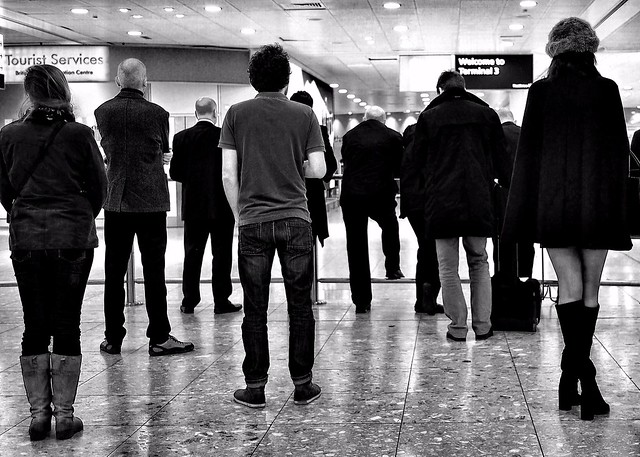Climate campaigners have won their appeal against the government’s plans to build a third runway at Heathrow Airport. Isobel Morris looks at why the decision to approve the multi-billion pound proposals was found unlawful and what happens next.
What’s it all about?
Talks over the expansion of Heathrow Airport have been ongoing for more than 16 years. The project had been set to put more than 700 additional planes in the air every day from 2026.
The Cabinet approved the plans in 2018, despite sustained opposition from environmentalists and London councils that claimed they could be affected by the changes – citing noise, pollution, health and environmental concerns.
What happened?
On Thursday (27 February 2020), the appeal court ruled the government’s decision to approve third runway plans was unlawful.
This appeal was brought by campaigners including Friends of the Earth, several west London councils and the Mayor of London.
Judges found that the approval of the expansion plans was unlawful “in one important respect” – that it failed to take into account government policy on climate change, as required under the Planning Act.
In particular, the decision “was unlawful by reason of a failure to take into account the government’s commitment to the provisions of the Paris Agreement on climate change”.
The Paris Agreement is an international UN treaty ratified by 188 countries to reduce carbon emissions.
What next?
The judges’ decision means that a future third runway can still go ahead, provided it fits with the UK’s climate policy.
EachOther understands it is possible that the government could simply approve the plans once again – but this time, ensuring it has taken the Paris Agreement into account.
 |
|
Image credit: Michael Summers / Flickr
The government has said that it will not be appealing the decision, and Prime Minister Boris Johnson was an outspoken opponent of Heathrow expansion for several years. He once claimed that he would lie down in front of a bulldozer to stop construction.
Heathrow Airport is expected to appeal, but with much less political support than it had previously.
The case has set an important precedent, which could be used to challenge other major infrastructure projects – including a £28.8 billion roads programme.
Children’s rights
One of the arguments campaigners had made in their appeal was that the expansion of Heathrow would breach the human rights of children and future generations by contributing to climate change. However, the court did not mention this argument directly in its judgment.
Had the judges taken children’s rights into consideration, it could have set a precedent on whether emissions from future development plans could be considered to violate the rights of unborn generations.
Backlash
The appeal court’s decision has once again prompted accusations of “undemocratic” interference by the judiciary in government matters.
This comes after the Conservative government pledged in its 2019 manifesto to ensure judicial review – the means through which the courts assess the lawfulness of decisions made by public authorities – “is not abused to conduct politics by another means or to create needless delays”.
Responding, barrister Adam Wagner tweeted: “The court has gone to pains, no doubt in the context of the government’s threat to water down Judicial Review, to say that this isn’t about politics it’s about law”.
Writing for the Institute for Government, public law expert Raphael Hogarth said that it was simply a “matter of process”.
He said: “The court made clear it was not saying, for example, that a new runway at Heathrow is unlawful. It could be lawful – if the government reached its decision in the way required by parliament.”
*Adam Wagner is the founder and chairman of EachOther. He played no role in writing this article.



